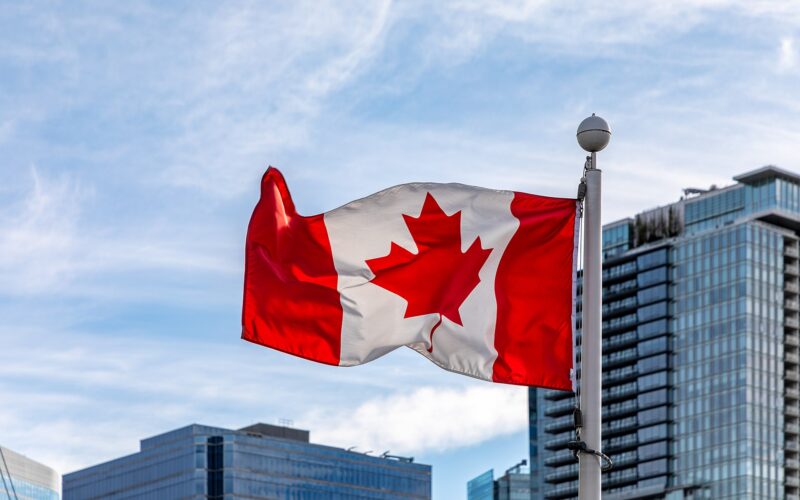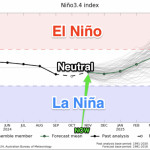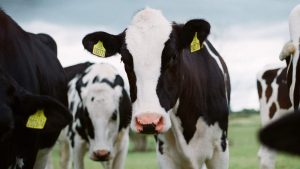
Quota shenanigans once more at the heart of CPTPP dispute.
Legal action against Canada could be afoot for a second time over its refusal to honour commitments made under the Comprehensive and Progressive Agreement for Trans-Pacific Partnership to open up its domestic dairy market to New Zealand exporters.
A panel of international judges last September ruled against Canada when they found it had failed to meet its obligations under the CPTPP by allocating the bulk of import quotas created for NZ exporters to local processors instead.
Exporters estimated their failure to get their hands on the low-tariff quota cost them $120 million in lost earnings in the trade agreement’s first three years.
In response to the ruling Canada created a new allocation method, which came into effect on May 1.
In a statement Trade Minister Todd McClay this morning said NZ believes the new method for allocating quota still falls short of commitments Canada made in the 12-country trade agreement to open up its domestic dairy market.
As a result NZ has today requested a fresh round of formal negotiations to settle the dispute.
“NZ takes its obligations under trade agreements seriously,” McClay said.
“The CPTPP is one of the highest quality agreements signed by a group of like-minded economies.
“Parties to the agreement understood the commitments they were making when the agreement was signed, and it is important that they honour them.
“As a matter of principle, the NZ government expects our trade partners to treat our exporters fairly and within the rules of our agreements.
“Canada is not doing that in respect to the dairy quotas that were negotiated and agreed with NZ.”
Article 28.20.1 of CPTPP states where one country believes a panel ruling hasn’t been complied with it can request formal consultations with the non-compliant country.
Consultations would be to agree “mutually acceptable compensation” by the non-compliant country.
If there is still no agreement, retaliatory tariffs can be imposed.
McClay said Canada could end the dispute now if it wanted to.
“Canada can end this dispute by meeting its CPTPP obligations to us. If they continue to choose not to, they owe us compensation.”
Dairy Companies Association of NZ executive director Kimberly Crewther said the industry supports the NZ government’s continued legal pursuit of Canada.
NZ exporters remain effectively shut out of 95% of the Canadian domestic dairy market.
“NZ needing to take yet another legal step to ensure Canadian dairy trade policy is in line with its trade obligations feels like Groundhog Day.
“But it is unavoidable as Canada continues to flout the commitments it made under the CPTPP agreement.
“Our hope is that Canada will come to the table with a genuine intent to preserve the integrity of the CPTPP agreement by complying with the rules.
“Trade rules and agreements are only as good as their implementation and so far, Canada’s disregard of its CPTPP dairy commitments has only served to undermine and diminish value,” Crewther said.
The ongoing CPTPP quota dispute is not the only beef the industry has with Canada right now.
In August DCANZ wrote to McClay asking him to urgently consider a World Trade Organisation case to stop subsidised Canadian dairy exports undercutting its members in the United States and other global markets.
DCANZ said Canada’s Milk Class 4 (a) system of subsidising milk production has put at risk nearly a billion dollars of high-value milk protein exports to the US.
Crewther said: “It is a double whammy of trade distortion for Canada to be disregarding CPTPP rules and restricting agreed access to its own market while at the same time dumping products onto the global market in contravention of WTO rules.
“We support the NZ government taking decisive action to address both issues.”
You can now read the most important #news on #eDairyNews #Whatsapp channels!!!
🇺🇸 eDairy News INGLÊS: https://whatsapp.com/channel/0029VaKsjzGDTkJyIN6hcP1K





















